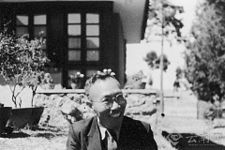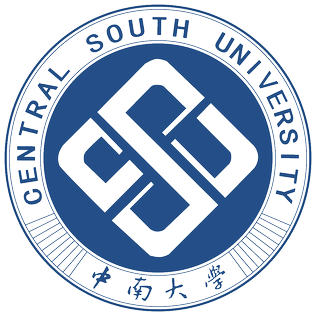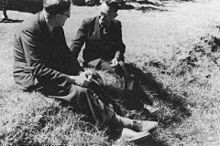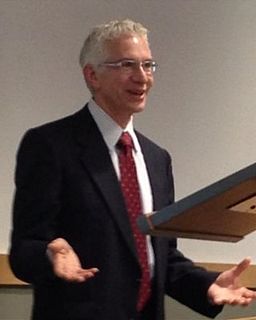| Tang Fei-fan | |
|---|---|
Tang Fei-fan in 1944 in Kunming, Yunnan. | |
| Native name | 湯飛凡 (Tāng Fēifán) |
| Born | July 23, 1897 Liling, Hunan, Qing Empire |
| Died | September 30, 1958 (aged 61) Beijing, People's Republic of China |
| Cause of death | Suicide |
| Nationality | Chinese |
| Other names | Tang Ruizhao (湯瑞昭) |
| Education | Chengnan School |
| Alma mater | Xiangya College of Medicine Yale University Peking Union Medical College Harvard University |
| Known for | Chlamydia trachomatis |
| Spouse(s) | He Lian (何璉)(m. 1925–1958) (Tang Fei-fan died in 1958.) |
| Scientific career | |
| Fields | Medical microbiology |
| Institutions | Central Epidemic Prevention Laboratory |
| Doctoral advisor | Hans Zinsser |
| Influences | Hans Zinsser |
Tang Fei-fan (simplified Chinese :汤飞凡; traditional Chinese :湯飛凡; pinyin :Tāng Fēifán; July 23, 1897 - September 30, 1958) was a Chinese medical microbiologist best known for culturing the Chlamydia trachomatis agent in the yolk sacs of eggs. [1] [2]

Simplified Chinese characters are standardized Chinese characters prescribed in the Table of General Standard Chinese Characters for use in mainland China. Along with traditional Chinese characters, they are one of the two standard character sets of the contemporary Chinese written language. The government of the People's Republic of China in mainland China has promoted them for use in printing since the 1950s and 1960s to encourage literacy. They are officially used in the People's Republic of China and Singapore.

Traditional Chinese characters are Chinese characters in any character set that does not contain newly created characters or character substitutions performed after 1946. They are most commonly the characters in the standardized character sets of Taiwan, of Hong Kong and Macau, and in the Kangxi Dictionary. The modern shapes of traditional Chinese characters first appeared with the emergence of the clerical script during the Han Dynasty, and have been more or less stable since the 5th century.
Hanyu Pinyin, often abbreviated to pinyin, is the official romanization system for Standard Chinese in mainland China and to some extent in Taiwan. It is often used to teach Standard Mandarin Chinese, which is normally written using Chinese characters. The system includes four diacritics denoting tones. Pinyin without tone marks is used to spell Chinese names and words in languages written with the Latin alphabet, and also in certain computer input methods to enter Chinese characters.
Contents
- Biography
- Early life
- Education
- Sino-Japanese War
- People's Republic era
- Personal life
- References
- External links
- See also
During the "Pulling Out Bourgeois White Flag Movement", Tang was brought to be persecuted and suffered political persecution in 1957, he fully demonstrated the attitude not to compromise with the Communist Party at all by suicide to end his own life.

The Communist Party of China (CPC), also referred to as the Chinese Communist Party (CCP), is the founding and ruling political party of the People's Republic of China. The Communist Party is the sole governing party within mainland China, permitting only eight other, subordinated parties to co-exist, those making up the United Front. It was founded in 1921, chiefly by Chen Duxiu and Li Dazhao. The party grew quickly, and by 1949 it had driven the nationalist Kuomintang (KMT) government from mainland China after the Chinese Civil War, leading to the establishment of the People's Republic of China. It also controls the world's largest armed forces, the People's Liberation Army.



















